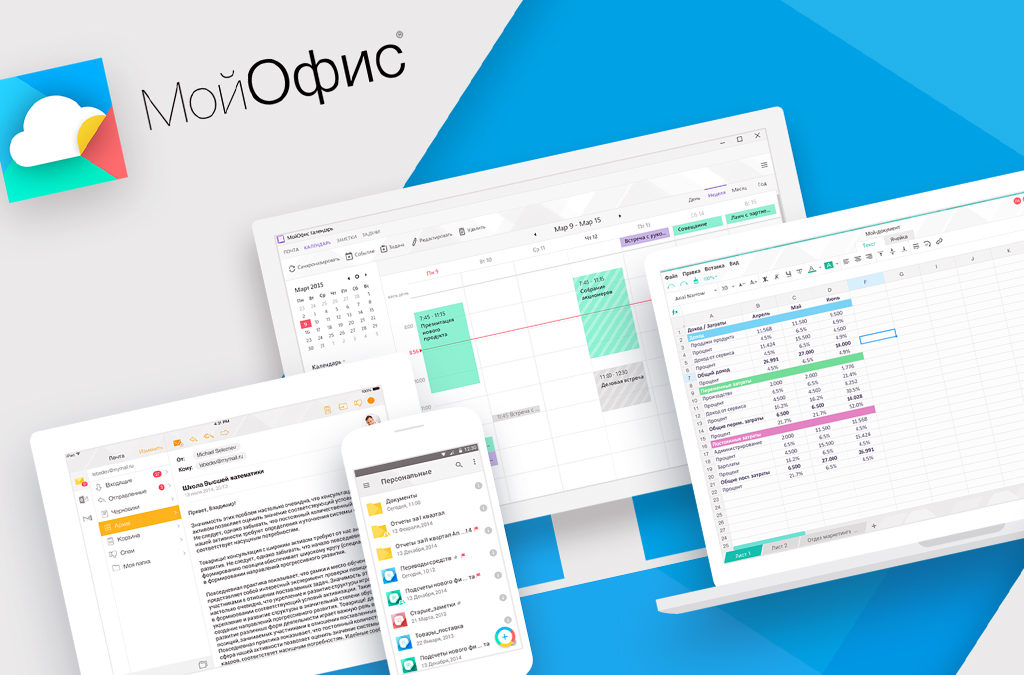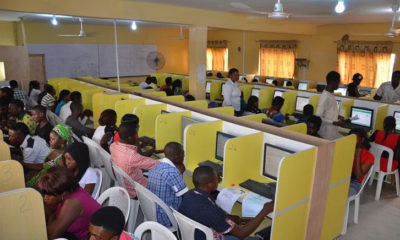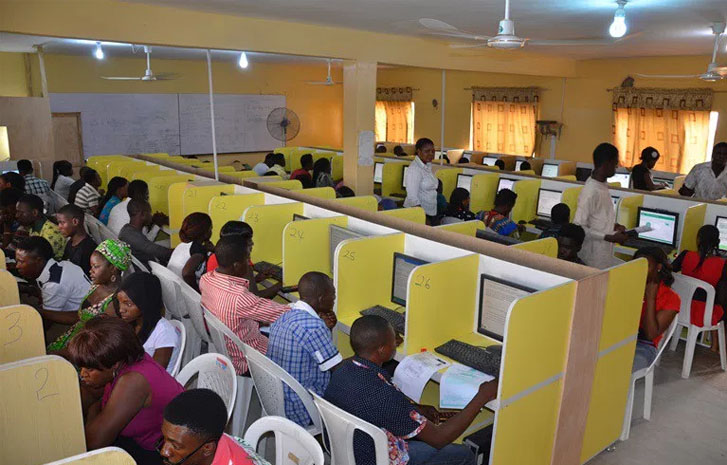The Russian developer of office software for joint work on documents and communications announced that a memorandum has been signed with the Ministry of Primary Education of the Republic of Cameroon for the supply of 1 million licenses of MyOffice software to all schools around the country over a period of 10 years.
The signing ceremony took place in Yaoundé, the capital of Cameroon, with the direct support of the Ministry of Foreign Affairs of Russia, represented by Mr. Anatoliy Gennadyevich Bashkin, Ambassador Extraordinary and Plenipotentiary of the Russian Federation in the Republic of Cameroon.
The memorandum was signed by Mr. Laurent Serge Etoundi Ngoa, Minister of Primary Education of the Republic of Cameroon, and Mr. Jafar Hilali, founder and managing partner of Carousel Finance SA, a master partner for distribution of MyOffice in African countries. The signed memorandum provides for collaboration in the form of a public-private partnership, under which Carousel Finance SA is to supply 1 million MyOffice licences to primary and secondary schools in the Republic of Cameroon over a period of 10 years, and the educational institutions will receive MyOffice software free of charge.
The memorandum was signed during a business mission held in the country, which entailed a series of meetings at the highest state level. For example, at a meeting with Mr. Joseph Dion Ngute, Prime Minister of the Republic of Cameroon, the parties discussed the current challenges in the sphere of information security faced by leaders of the republic, and discussed proposals for developing a digitization program in the country using Russian software.
“Signing the memorandum became a logical continuation of the collaboration with MyOffice. Last year, we initiated pilot projects for implementation in 10 schools around Cameroon, which demonstrated their effectiveness as part of the school program. Our approach to teaching children involves not only the transfer of fundamental scientific knowledge, including natural sciences, but also the development of digital literacy skills among the younger generations. We are interested in using the safe Russian software MyOffice in our teaching practices, and starting from today, it will be delivered to all schools around the country,” declared Laurent Serge Etoundi Ngoa, Minister of Primary Education of the Republic of Cameroon.
“MyOffice arouses genuine interest among African countries that are taking their first steps on the road to civilization and facing new challenges in the field of IT. The Republic of Cameroon was one of the first to prioritize the development of its digital sovereignty; it recognized the need to upgrade its own proprietary infrastructure, and has already seen the first positive results of pilot projects to implement Russian software. The official agreement was a confirmation of the Government of the Republic of Cameroon’s serious interest in switching to modern and safe MyOffice products,” stated Jafar Hilali, founder and managing partner of Carousel Finance SA, a master partner for distribution of MyOffice in African countries.
“The Republic of Cameroon aims to become a leader on the African continent by providing its citizens with modern digital services and support. Today, 14% of the population have Internet connection, and the total length of high-speed communication lines exceeds 8,000 km. It is clear that implementing digitization in the country would be impossible without first providing training and developing digital literacy. Switching to the modern Russian software MyOffice in Cameroonian schols will make it possible to achieve this goal more quickly and easily,” believes Gleb Cheglakov, managing partner of Carousel Finance SA.
“We see great potential in developing the Russian-African partnership, and believe that the Republic of Cameroon is one of the most attractive countries for Russian business, since it shows stable population growth and economic prosperity. According to the World Bank, the population size has increased by 27% in the last ten years alone, and the per capita GDP has grown by 41% over the same period. The signing of the high-level memorandum highlights the mutual interest and expands new horizons for development of the private-public partnership,” pointed out Dmitry Komissarov, General Director of MyOffice.

 Naira4 weeks ago
Naira4 weeks ago
 Naira4 weeks ago
Naira4 weeks ago
 Travel3 weeks ago
Travel3 weeks ago
 Jobs4 weeks ago
Jobs4 weeks ago
 Naira3 weeks ago
Naira3 weeks ago
 Naira3 weeks ago
Naira3 weeks ago
 Investment4 weeks ago
Investment4 weeks ago
 Travel4 weeks ago
Travel4 weeks ago




























